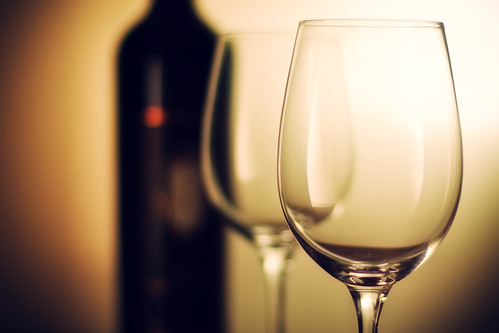
Photo: 96dpi
- Naming. To know you wine you need to know the names. It is a good start to know which wines are called what. One big rule of thumb and one of the rules of knowing wine is knowing that Old World wines are named on their region. New World wines are named on the basis of the grape variety. So for example, Burgundy wines are from that region in France, but wines of the same grape will be called a different name in the United States.
- Matching with food. The simple rule to match food and wine is to match it by weight, and you can also match it by colour. For example you might want to go with a good white wine when you are eating fish, and you will definitely enjoy a good heavy and thick Merlot when enjoying an expensive piece of steak.
- Location. Many wines are discussed in terms of the location and soil type. Naturally enough the taste of the wine will vary depending on the type of soil. Some regions are fanatical about this, such as near Lyon in France – the Burgundy region. If you wish to get a real idea of these differences here in Australia, you might want to try visiting some of Australia's top wine regions. The Hunter Valley in New South Wales and the Barossa Valley both have their distinctive soil types. Look for inexpensive day tours for both the Hunter Valley and good Barossa Valley accommodation to make your stay over several days. By trying the wines and getting to know the soil types you will start to get a real feel for how a region influences the taste.
- Year and age. Good wine gets better with age, well until a certain point. The more that you get to know a wines, you will note that certain years in certain locations have a better taste. This is because that year in that location had particularly good conditions to make good grapes to make even better wine. By finding out what are the better years for different locations you are more likely to find a better wine. Each year and each location is different.
- Discussing. You will hear many kinds of references to the flavour of a wine. It is a good idea to get to understand your own taste buds. We can remember flavours by giving them names. Taste is very subjective, much like colours. When I see red, you might actually see another colour, but you know what you see as red too. This way we can discuss red although we might be seeing it differently. Learn what wines are described by people with experience and then you can learn what to call the flavours as you get to know them. This is how we learn to describe and also take advantage of other people's descriptions.
No comments:
Post a Comment